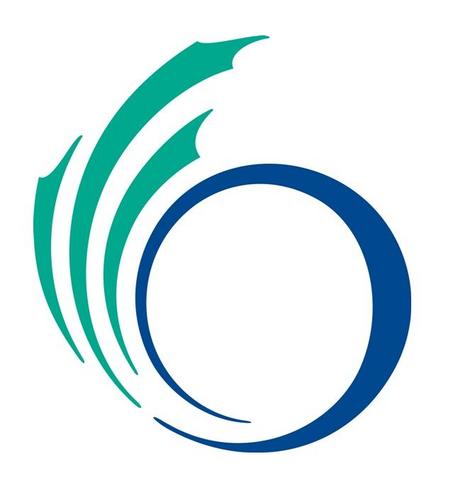

Right, but no way to verify who you voted for.
And, you have to trust that the website is telling you the truth. You have no way of verifying that it always gives the same answer to everybody. I guess someone could test that there’s some connection to their real ballot by intentionally screwing up their ballot. But, that doesn’t mean that there’s any way to prove that when it’s counted that the actual tally for the person / people you voted for are going up not down.













Can you prove that your vote was counted and that the number of votes for your candidate went up by one as a result? If you can’t prove it, then it’s based on trust.